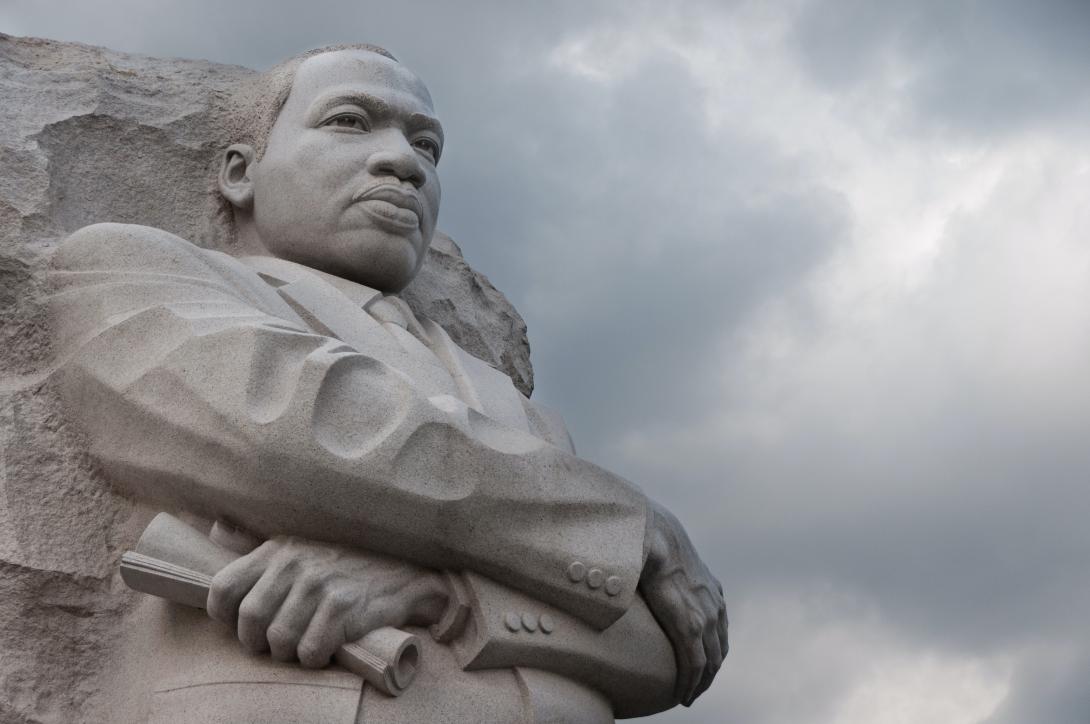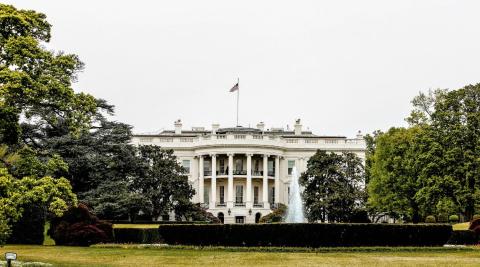Some thoughts from Martin Luther King Jr.’s speech on receiving the Nobel Peace Prize in 1964... so relevant today

Photo by Raffaele Nicolussi on Unsplash
On the third Monday of January, the U.S. celebrates the life and legacy of Dr. Martin Luther King Jr., a legacy that belongs to all of humanity. Although flawed (who isn’t?), Dr. King was a visionary leader deeply committed to social justice and nonviolence.
He gained international renown in 1964 when he was awarded the Nobel Peace Prize “for his non-violent struggle for civil rights for the Afro-American population.” On December 11 of that year, he delivered the Nobel Lecture in the Auditorium of the University of Oslo.
As we celebrate his legacy, it is worthwhile to reflect on his prophetic words, words that are still surprisingly relevant some 60 years later.
Dr. King began his lecture by expressing his gratitude for the prize on behalf of the “devotees of non-violence… all united in the quiet conviction that it is better to suffer in dignity than to accept segregation in humiliation.”
While highlighting the scientific and technological progress achieved by modern men and women, he asserted that “something basic is missing. There is a sort of poverty of the spirit, which stands in glaring contrast to our scientific and technological abundance.”
He posited that we live in two realms, which he identified as internal and external, the spiritual and the material. “Our problem today is that we have allowed the internal to become lost in the external… When the ‘without’ of man’s nature subjugates the ‘within’, dark storm clouds begin to form in the world.”
This state of affairs gives rise to three problems that he sees intrinsically connected: racial injustice, poverty, and war.
While acknowledging that some significant steps had been made in the struggle to end racial injustice, he admitted that the problem is far from solved. Figuratively speaking, Dr. King compared the progress made to the ancient Israelites having crossed the Red Sea—but still facing a long journey before reaching the Promised Land.
As to those who would advocate violent means, results achieved in this way are temporary, he asserted, and violence itself “creates bitterness in the survivors and brutality in the destroyers.” On the other hand, non-violence seeks to achieve moral ends by moral means. “It is a weapon unique in history, which cuts without wounding and ennobles the man who wields it.”
Poverty is intrinsically connected to social injustice. The scandal of poverty resides in the fact that we have the resources to end it. “The deficit is in human will. The well-off and the secure have too often become indifferent and oblivious to the poverty and deprivation in their midst.”
He issued a passionate appeal for an all-out war against poverty. If we truly believe that all persons are made in the image and likeness of God, and thus have infinite value, “we cannot be content to see men hungry, to see men victimized with starvation and ill health when we have the means to help them. The wealthy nations must go all out to bridge the gulf between the rich minority and the poor majority.”
Finally Dr. King turned his attention to the evil of war, and the imperative to find an alternative to war, because “if modern man continues to flirt unhesitatingly with war, he will transform his earthly habitat into an inferno such as even the mind of Dante could not imagine…
“It is not enough to say ‘We must not wage war.’ It is necessary to love peace and sacrifice for it.”
Ultimately, the solution to these problems depends on people finding the proper balance between the internal and external realms, and realizing that we must learn to live with each other, as members of one worldwide family.
“We can no longer afford to worship the god of hate or bow before the altar of retaliation... History is cluttered with the wreckage of nations and individuals that pursued this self-defeating path of hate. Love is the key to the solution of the problems of the world.”
Dr. King’s entire lecture can be found at nobelprize.org/prizes/peace/1964/king/lecture/












